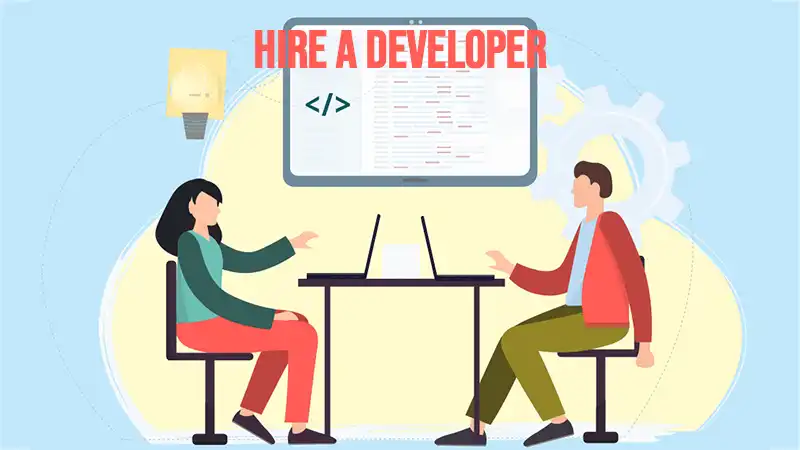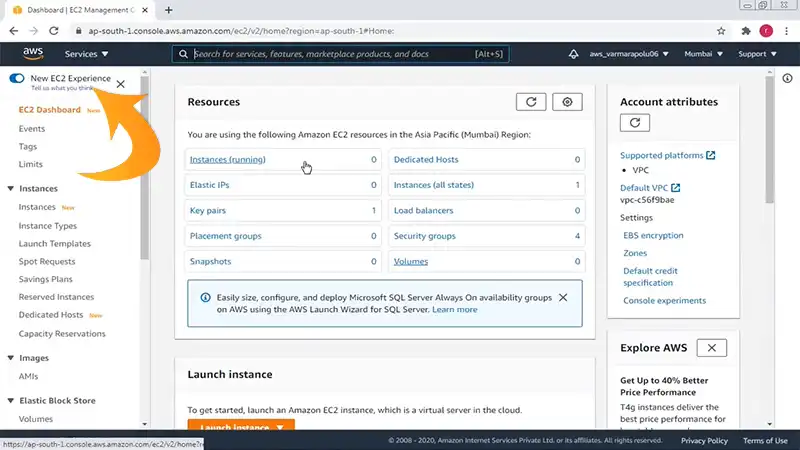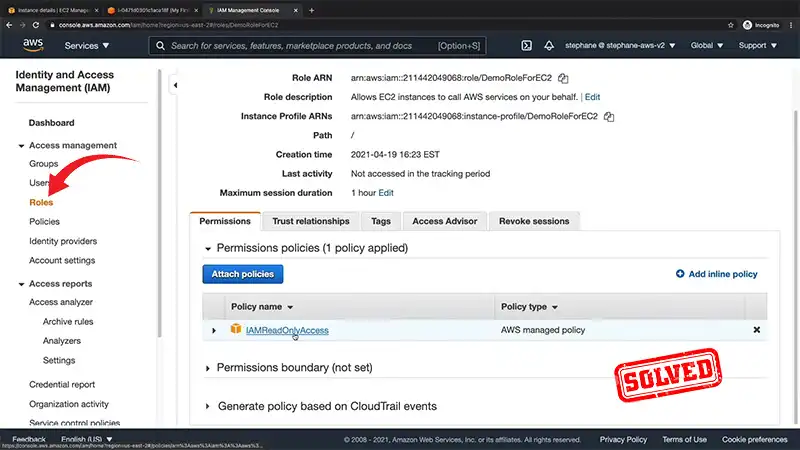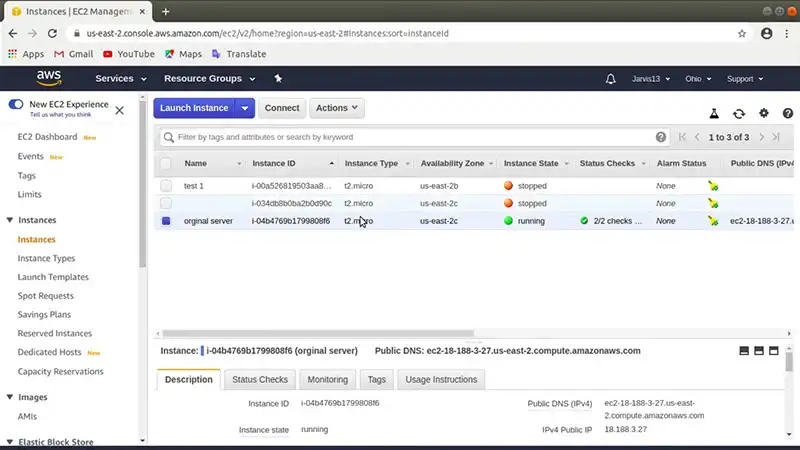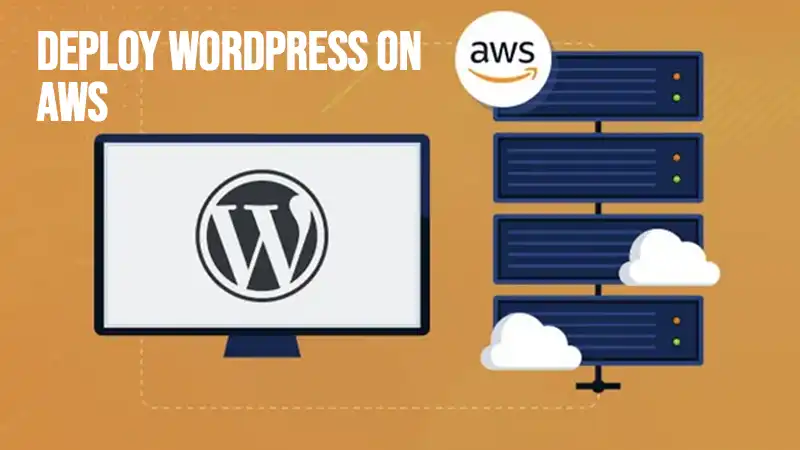Is There a Serious Skills Shortage Around DevOps Space?
As DevOps adoption picks up pace, the signs are everywhere. Infrastructure as code once a backwater concept, and a hoped-for ideal, has become an essential to many startups.
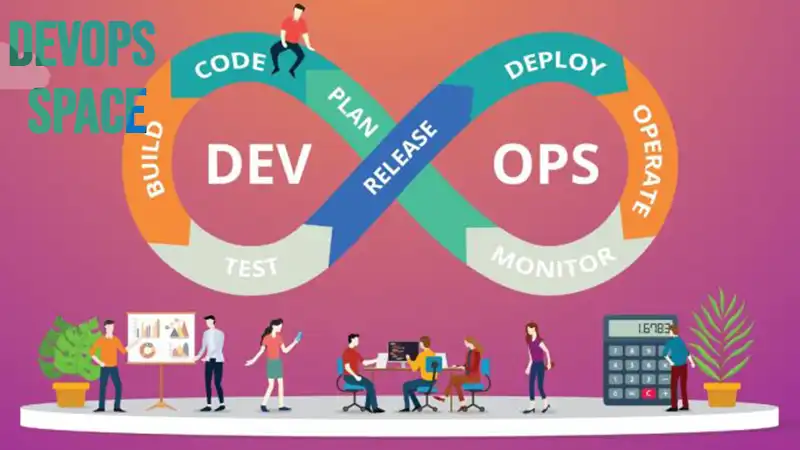
Why Might That Be?
My theory is that devops enables the business in a lot of profound ways. Sure it means one sysadmin can do much more, manage a fleet of servers, and support a large user base. But it goes much deeper than that.
DevOps Skills Shortage – Cloud AWS GCP Automation
Being able to standup your entire dev, qa, or production environment at the click of the button transforms software delivery dramatically. It means it can happen more often, more easily, and with less risk to the business. It means you can do things like blue/green deployments, rolling out featues without any risk to the production environment running in parallel.
What kind of Chops Does it Take?
Strong Generalist Skills
For starters you’ll need a pragmatist mindset. Not fanatical about one technology, but open to the many choices available. And as a generalist, you start with a familiarity with a broad spectrum of skills, from coding, troubleshooting & debugging, to performance tuning & integration testing.
Stir into the mix good operating system fundamentals, top to bottom knowledge of Unix & Linux, networking, configuration and more. Maybe you’ve built kernels, compiled packages by hand, or better yet contributed to a few open source projects yourself.
You’ll be comfortable with databases, frontend frameworks, backend technologies & APIs. But that’s not all. You’ll need a broad understanding of cloud technologies, from GCP to AWS. S3, EC2, VPCs, EBS, webservers, caching servers, load balancing, Route53 DNS, serverless lambda. Add to all of that programmable infrastructure through CloudFormation or Terraform.
Related: 30 questions to ask a serverless fanboy
Competent programmer
Although as a devop you probably won’t be doing frontend dev, you’ll need some cursory understanding of those. You should be competent at Python and perhaps Nodejs. Maybe Ruby & bash scripts. You’ll need to understand JSON & Yaml, CloudFormation & Terraform if you want to deliver IAC.
Related: Does a 4-letter-word divide dev & ops?
Strong Sysadmin With Ops Mindset
These are fundamental. But what does that mean? Ops mindset is born out of necessity. Having seen failures & outages, you prioritize around uptime. A simpler stack means fewer moving parts & less to manage. Do as Martin Weiner would suggest & use boring tech.
But you’ll also need to reason about all these components. That’ll come from dozens of debug & troubleshooting sessions you’ll do through years of practice.
Related: How to hire a developer that doesn’t suck
Understand Build Systems & Deployment Models
Build systems like CircleCI, Jenkins or Gitlab offer a way to automate code delivery. And as their use becomes more widespread knowing them becomes de rigueur. But it doesn’t end there.
With deployments, you’ll have a lot to choose from. At the very simplest a single target deploy, to all-at-once, minimum in service, and rolling upgrades. But if you have completely automated your dev, qa & prod infra buildout, you can dive into blue/green deployments, where you make a completely knew infra for each deploy, test, then tear down the old.
Related: Is AWS too complex for small dev teams?
Personality To Communicate Across Organizations
I think if you’ve made it this far you will agree that the technical know-how is a broad spectrum of modern computing expertise. But you’ll also need excellent people skills to put all this into practice.
That’s because devops is also about organizational transformation. Yes devs & ops have to get up to speed on the tech, but the organization has to get on board too. Many entrenched orgs pay lip service to devops, but still do a lot of things manually. This is out of fear as much as it stands as technical debt.
But getting past that requires evangelizing, and advocating. For that a leader in the devops department will need superb people skills. They’ll communicate concepts broadly across the organization to win hearts and minds.
Conclusion
DevOps adoption is on the rise, with infrastructure as code becoming essential for many startups. The ideal DevOps candidate has a broad skill set, including familiarity with various technologies, programming competence, and strong sysadmin and ops mindsets. They should also understand build systems and deployment models. That’s all for today. Thanks for reading!




